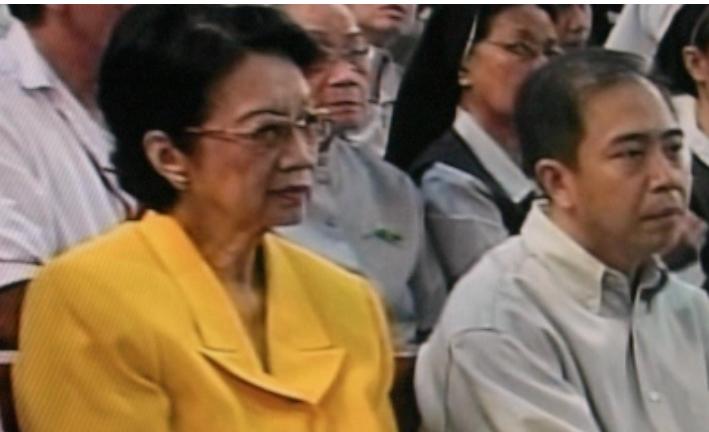IT’S up to the United States to make the next move following the Philippines’ notice to terminate the Visiting Forces Agreement (VFA), according to Philippine Foreign Affairs Undersecretary Brigido Dulay.
“The ball is in their court. That’s it. As far as we’re concerned we’ve already served the notice as required by the agreement,” Dulay said in an interview with “The Chiefs” on One News-Cignal TV.
According to the undersecretary, there are no offers of VFA-like arrangements with other allies.
“In so far as our foreign policy on that matter is concerned, we all leave it up to the president. He’s the main man on this one,” he said.
On February 10, President Rodrigo Duterte ordered Executive Secretary Salvador Medialdea to inform Foreign Affairs Secretary Teodoro Locsin, Jr. to go ahead and send a notice ending the 20-year-old military pact with the U.S.
The U.S. Embassy in Manila said the move is “a serious step with significant implications for the U.S.-Philippine alliance.”
The VFA, which came into force in 1999, covers the conduct of U.S. soldiers in the Philippines.
Among the provisions of the deal include lax visa and passport policies for U.S. troops, and the rights of the U.S. government to retain its jurisdiction over its military personnel when they commit crimes in the Philippines.
Duterte threatened to scrap the VFA following the U.S.’ cancellation of Dela Rosa’s visa in late January. The president gave the U.S. a month to “correct” the cancellation of Dela Rosa’s visa, however, he ordered the start of the termination process the following day.
Ratified by the Philippine Senate in 1999, the VFA can be terminated through a written notice from either of the countries, taking effect 180 days after the notification.
Senate concurrence
The Senate Committee of Foreign Affairs chaired by Sen. Aquilino Pimentel III on Thursday failed to resolve whether Senate concurrence is required for the VFA termination at a public hearing.
Given the complexity of the issue, it requires consultation with each of the panel’s 15 members before a committee report can be made, Pimentel said.
“We will summarize what will happen and communicate with all the members and get their positions. What came out of the hearing is that this is a complex issue, I did not expect a consensus and there was no consensus,” he told the media after the hearing on Senate Resolution No. 305-Senate Concurrence in Treaty Withdrawal/Termination.
Pimentel also pointed out, “When you read the Constitution, the Senate concurrence to make a treaty valid is there, but to terminate a treaty is not there. The question is how come it is not there in the Constitution.”
He clarified that the hearing is only for a general rule since the notice has been sent.
“Wala na (No more). The critical action has been taken by the president, the DFA informing the State Department of the U.S. (about the abrogation). This (Senate discussion) is for a general rule,” Pimentel said.







